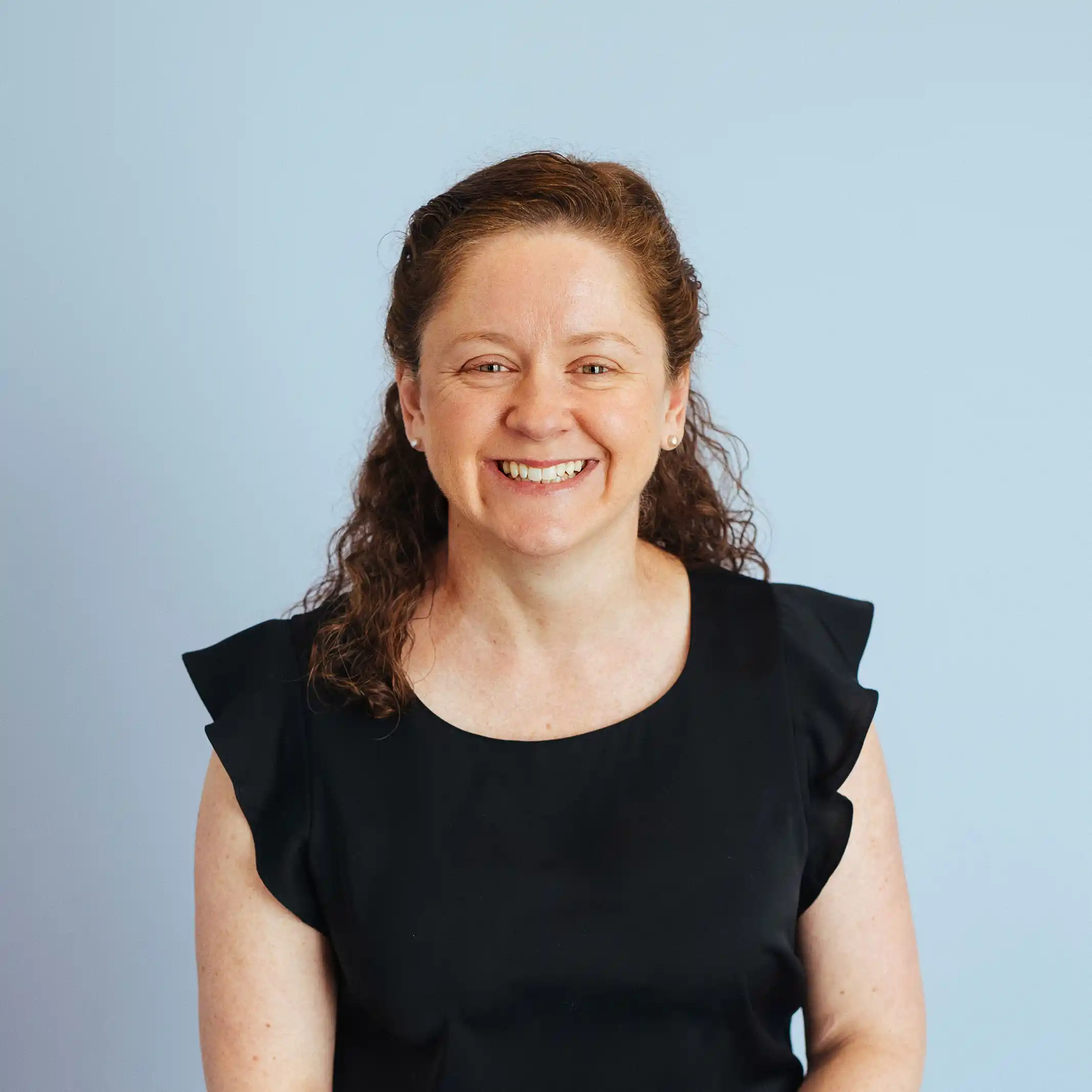
Lyn Formica
Head of Education & Content
The recent bushfires across Australia have impacted many thousands of individuals and small businesses and prompted an outpouring of generosity at levels never before seen in this country. We’ve since had multiple inquiries from clients whose SMSF has been negatively affected or who’d like to use their SMSF monies to help others.
In this article we cover early access to super, aimed not just at the recent bushfires but any national disaster across the country.
You might also be interested to read:
Download the complete 'Super and natural disasters' fact sheet.
Early access to super
As a general rule, preserved superannuation benefits may only be accessed in lump sum form once members turn 65 or reach their preservation age and retire (or satisfy some other condition of release such as permanent incapacity, terminal illness etc). However, in times of financial distress, there are some circumstances under which members may be able to bypass these rules and access their super “early”.
My client has lost their home/business/job. Can they draw a lump sum from their super to help them out financially?
At least part of a member’s preserved superannuation monies may be available if they are suffering from “severe financial hardship” or qualify on “compassionate grounds”. Unfortunately, these rules only give early access to superannuation under very limited circumstances that are sadly unlikely to provide any immediate help to people affected by the bushfires.
Severe financial hardship
For superannuation purposes, “severe financial hardship” is a specifically defined term and the conditions to be satisfied depend on the member’s age [SIS Reg 6.01(5)].
Members can access at least part of their superannuation as a lump sum if they are:
- currently in receipt of certain Government income support payments and have been for at least the last 26 weeks continuously, and
- able to satisfy the trustee of their fund that they are unable to meet their “reasonable and immediate family living expenses”.
It is up to the trustee of the fund to determine the amount which can be paid, taking into account the member’s financial resources and needs, up to a maximum of $10,000 per annum (before tax). Only one payment is permitted in any 12 month period.
For members who have reached their preservation age plus 39 weeks, there are additional paths. Under the financial hardship rules, they can access their entire benefit as a lump sum or an account based pension if they:
- are not currently employed for 10 or more hours per week, and
- have received certain Government income support payments for a total of least 39 weeks since reaching preservation age (this does not need to have been continuous).
Of course simply reaching preservation age is an important milestone for accessing superannuation. Members of this age (regardless of their financial position, work intentions) are able to commence a transition to retirement income stream (TRIS) allowing them to withdraw up to 10% of their balance as a pension payment each year. Lump sums are not permitted (unless the member has sufficient unrestricted benefits eg they satisfied a condition of release in the past). Should the member’s financial position recover and they no longer require access to monies from super, the TRIS could be stopped and the balance returned to accumulation phase if desired.
Depending on their work history and future intentions, members of preservation age may even meet one of the retirement definitions and have full access to their superannuation as a lump sum or account based pension.
The most common Government income support payment that qualifies under the severe financial hardship rules is Newstart Allowance but others are also relevant – for example, sickness allowance, parenting allowance or the Farm Household Allowance [SIS Reg 6.01(2) def’n of “Commonwealth income support payment”, Farm Household Support Act s.91(3)]. Certain special payments that the Government might make in the event of an emergency may also qualify but if they are only made for a very short time, they won’t be enough (in isolation) to meet the requirements outlined above.
For members of non-SMSFs, the trustee of the fund will determine if the member has satisfied the necessary conditions. As a minimum, they may ask the member to obtain a letter from the Department of Human Services confirming the receipt of income support payments (some non-SMSFs can access this information directly).
For members of SMSFs, again it is the trustee of the fund who is to determine a member’s eligibility and as a minimum, a letter from the Department of Human Services confirming receipt of income support payments for the requisite period will be required. For members under preservation age, trustees should also have sufficient documentation on file to satisfy the fund’s auditor (and the ATO) of the member’s financial circumstances.
Compassionate grounds
Where members don’t have the financial resources to meet certain types of expenses, they may be able to take money out of their superannuation to cover these costs. The particular types of expenses allowed include those:
- to cover medical treatment for a chronic or life threatening illness but only if that treatment is not readily available through the public health system,
- to pay for modifications to their home or vehicle to accommodate a severe disability,
- to cover the palliative care or funeral costs of a dependant, and
- to prevent foreclosure on their home mortgage if their lender has threatened to repossess or sell their home.
Only unpaid expenses are eligible. If members have already paid the expense (eg using their credit card or with the help of family), then those costs will not be eligible. The ATO is responsible for approving all claims for accessing super on compassionate grounds. If approved, they will tell the fund of the member’s eligibility and members can then apply for benefits from the fund. Members of SMSFs must not draw any money from the fund until the ATO authorises the payment.
Again, the ability to access super on compassionate grounds is unlikely to provide any immediate assistance to those affected by the bushfires.
Normal superannuation tax is payable when benefits are accessed under the severe financial hardship rules or compassionate grounds. Family tax benefits or other concessions may be impacted as could any child support payments.
For clients with SMSFs, it is very important they aren’t tempted to withdraw money from the fund before they are legally entitled to. If they were to do so, the consequences could be severe. They will be taxed on the amount taken at their marginal tax rate (instead of the concessional rate usually applied to superannuation monies), they could be fined and/or imprisoned and the fund could be made non-complying (potentially losing almost half its assets in tax) [ITAA 1997 s.304-10, SIS s.166, SIS s.196(3), SIS s.202, ITAA 1997 s.295-325].
Summary
Where superannuation is concerned, particularly SMSFs, it is always important to double-check the rules before taking action. Often the law simply doesn’t allow for the outcome trustees and members desire. If you have other questions for us to consider, let us know so that we can cover more scenarios in future articles.
This article is for general information only. It does not constitute financial product advice and has been prepared without taking into account any individual’s personal objectives, situation or needs. It is not intended to be a complete summary of the issues and should not be relied upon without seeking advice specific to your circumstances.



